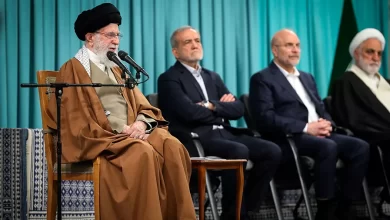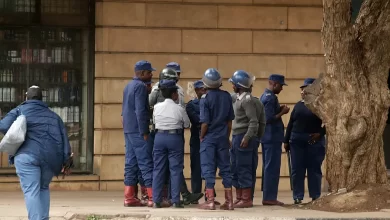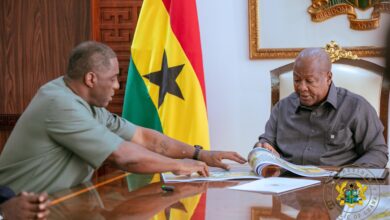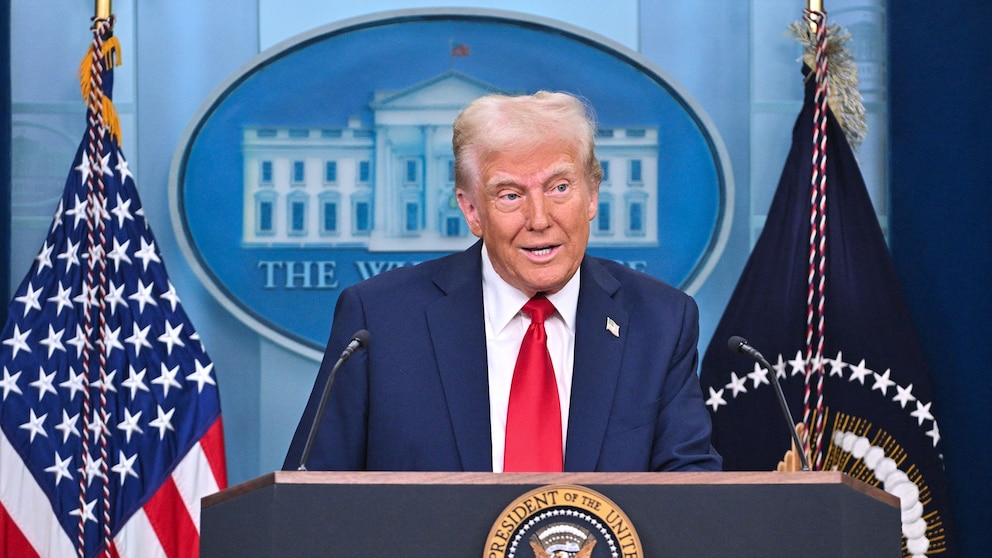
Former U.S. President Donald Trump sparked global controversy by signing an executive order freezing financial aid to South Africa over its newly enacted land reform laws. The move comes amid heightened tensions surrounding the country’s policy on land expropriation without compensation and its diplomatic actions on the global stage.
Trump, in a post on Truth Social, accused South Africa of human rights abuses, specifically targeting its treatment of white farmers. He stated, “South Africa is confiscating land and treating certain classes of people VERY BADLY.” The decision to freeze aid has drawn mixed reactions, with South Africa vehemently rejecting the accusations.
The South African government labelled Trump’s actions as the result of a “campaign of misinformation and propaganda aimed at misrepresenting our great nation.” President Cyril Ramaphosa has defended the land reform policy, emphasizing that it aims to address historical injustices stemming from colonialism and apartheid. “No land has been confiscated,” Ramaphosa said, adding that the law is designed to ensure equitable access to land for all South Africans.
The land reform law, passed last month, permits expropriation without compensation in cases deemed “just and equitable” and “in the public interest.” The criteria include unused properties or those posing risks to communities. Despite assurances of fairness, the law has sparked intense debate domestically and abroad.
The controversy also touches on South Africa’s recent legal actions against Israel at the International Court of Justice (ICJ), accusing the nation of genocide in its conflict with Hamas. Trump’s executive order cited these actions as evidence of South Africa’s “aggressive positions” against the U.S. allies, further justifying the aid freeze.
In a rare public criticism, Elon Musk, the South African-born billionaire and one of Trump’s closest advisers, accused Ramaphosa’s government of enacting “openly racist ownership laws.” Musk’s remarks have added fuel to an already divisive issue.
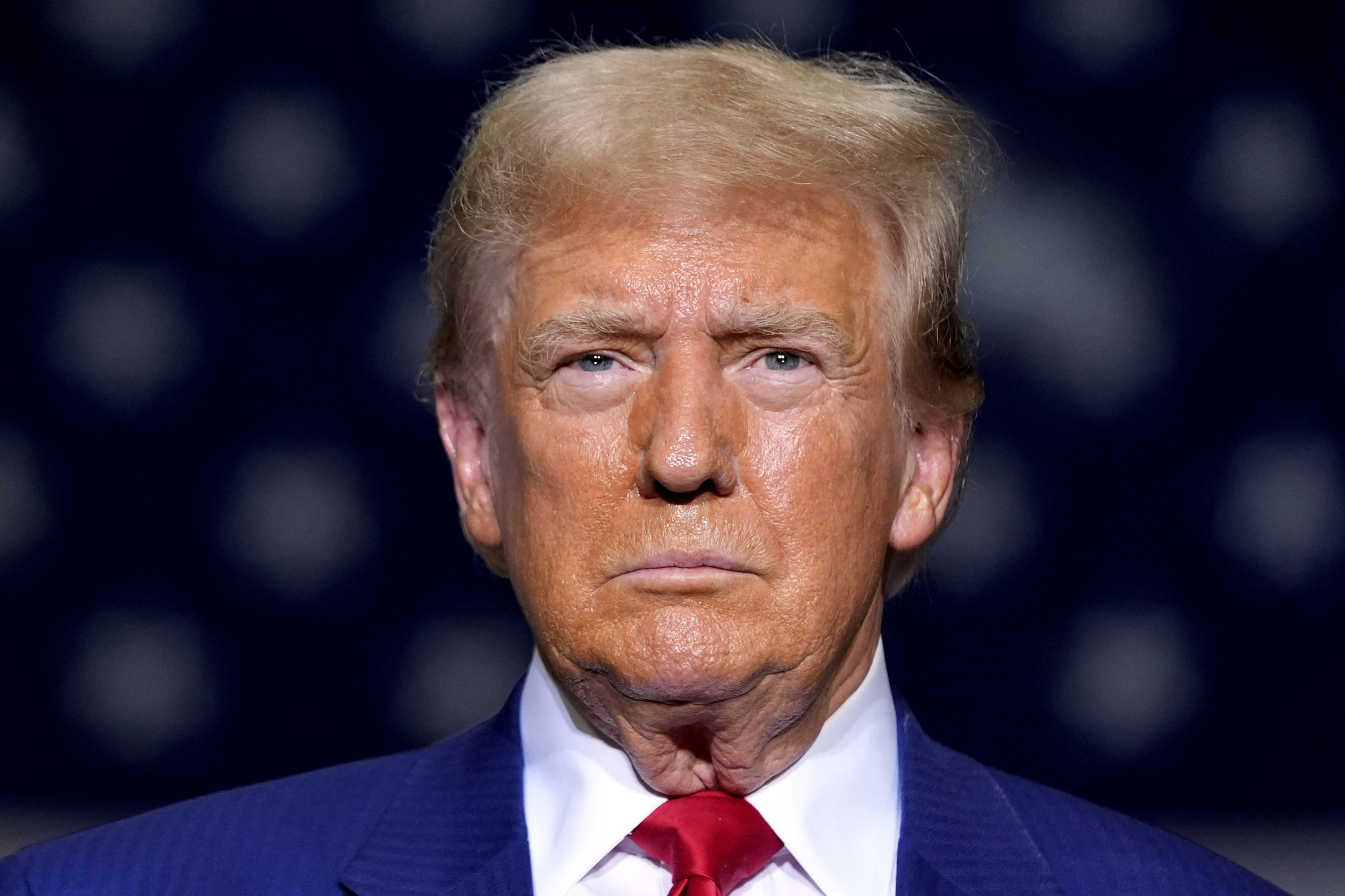
The White House indicated that the aid freeze is part of a broader plan to address alleged rights violations in South Africa. It also announced efforts to prioritize resettling affected South African farmers and their families in the United States. The U.S. Refugee Admissions Program will focus on aiding Afrikaners, primarily white descendants of Dutch and French settlers.
The land reform debate in South Africa has long been a point of contention, reflecting the lingering inequalities of apartheid. While supporters argue the reforms are necessary for justice and equity, critics fear they may lead to economic instability and undermine property rights.
Amid escalating tensions, Ramaphosa’s office revealed that the president recently held a phone call with Musk to discuss the situation. The statement emphasized South Africa’s commitment to constitutional values, including justice and equality, and sought to clarify misconceptions surrounding the land reform policy.
Trump’s executive order has amplified international scrutiny of South Africa’s domestic policies and its role on the global stage. The unfolding situation continues to draw polarized reactions, highlighting the challenges of reconciling historical grievances with contemporary political and economic realities.
Story by: Mercy Addai Turkson

